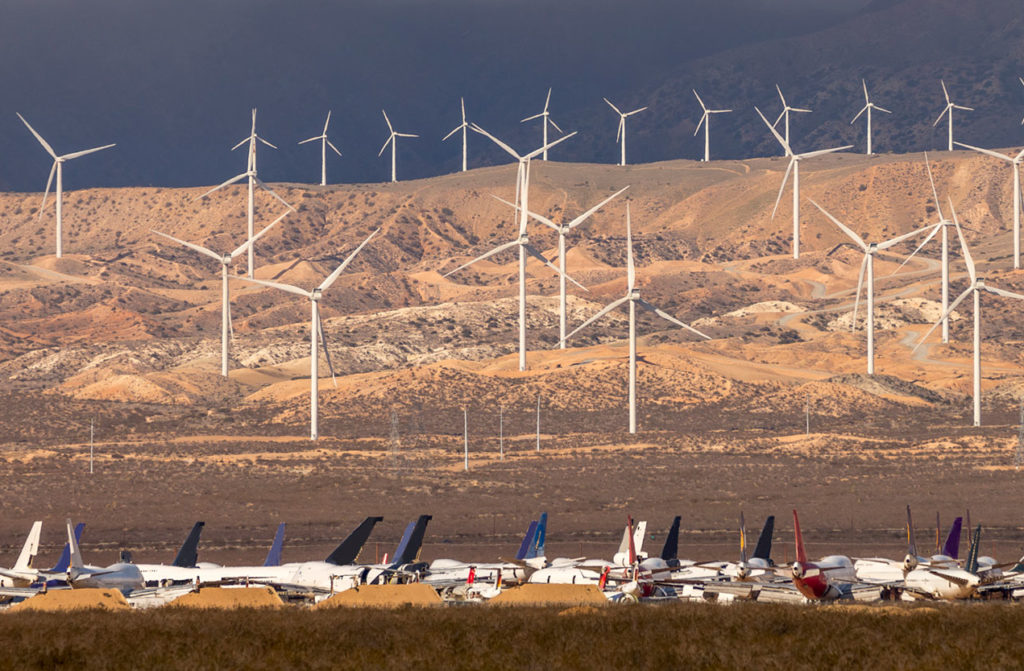
It’s Time for Socially Sustainable Aviation
News
On September 25, 2015, world leaders adopted a set of global goals to eradicate poverty, protect the planet and ensure prosperity for all. Some of the 17 objectives set out in the United Nations 2030 Agenda for Sustainable Development are focused on social action and the sustainability of communities and cities. With the proximity of the start date of the Master in Sustainable Air Transport Management, we have found it very interesting to disseminate this article by Aoibhin Flanagan, Environmental and Sustainability Consultant at ARUP. In this article, the author addresses the issue of airport sustainability from the social point of view.
It is estimated that the aviation industry contributes 2% of human induced carbon dioxide whilst generating $664bn of global GDP per year. Industry efforts to embrace sustainability have generally focused on environmental and economic aspects of their operation. But sustainability has three pillars: environmental protection, economic growth and social equality. I believe that the aviation industry needs to strengthen their support for the social aspects of the sustainability agenda.
To date, where sustainability efforts within aviation have considered the people factor, they have focused on passenger-centric design aspects. Typically these efforts improve buildings’ energy performance, optimise waste management, encourage decarbonisation or digitisation to drive efficiencies (and often improve revenue in parallel). These are all valuable initiatives but don’t address the social aspects of the sustainability agenda.
As a starting point stakeholder engagement should be prioritised. Given the scale and influence of airport development the propensity for community concern around potential and perceived impacts is understandable. Transparent and public engagement with local communities is therefore key to making progress.
Sustainability should promote social capital and enrich local communities with tangible long-term benefits. The development of ‘airport cities’ illustrates how airports add economic value to regions and provide opportunities to reduce socio-economic disadvantage. Strategic infrastructure initiatives, like district heating and intelligent multi-modal transport can be of great additional benefit to local communities’ economic performance, mobility and wellbeing.
Ideally, airports would deliver annual sustainability reports that communicate the social aspects of their sustainability work, and set themselves challenging performance targets that can be monitored and reviewed. This gives ambitious airports another platform to share some of the ideas shaping the future of sustainability, as Schiphol Airport has done on the potential transition to a circular economy.
Once airports start to engage with the social dimension of sustainability they build powerful bonds with their local communities. Heathrow Airport has embraced this approach and recently installed 50 noise monitors based on engagement with local groups. Dublin Airport nominates charities of the year which they support with fundraising efforts whilst in Singapore, Changi Airport has established a charitable foundation to tackle a variety of social issues facing local youth, offering programmes to help their numeracy, literacy and career development. Sydney Airport runs an annual lost property auction on unclaimed goods with all proceeds going to charities providing health, education and family support.
By applying sustainability principles in an integrated way the challenges posed by airports can be addressed meaningfully, while providing opportunities to enrich local communities. Aviation is a growing and dynamic industry. It’s therefore vital that it leads the way in delivering sustainability across all three pillars.
CONTACT info@itaerea.com +34 902 505 501 TEACHERS TRAINING





